Hallelujah
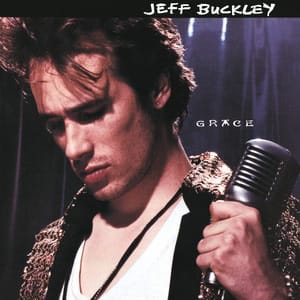
I tend to obsess over things. All kinds of things. I’ve been told I have an obsessive personality, which to me just feels like I go all in without realizing it. Something I’ve done for as long as I can remember, long enough that I didn’t realize everyone didn’t do this, is listen to the same song many times in succession. Whitney Houston’s version of “And I Will Always Love You” came out when I was pretty young, and you better believe that cassette tape endured some wear. My parents never said anything about this habit of mine, and if it annoyed them, they kept it to themselves.
When I went to college, I was randomly placed with a roommate who was absolutely lovely. She liked Justin Timberlake and Billy Joel (I had never heard “The Piano Man” before meeting her, so suffice it to say I was not a fan myself). Justin Timberlake’s first solo album came out that year, so I heard it a LOT, but “Cry Me a River” did not play multiple times in succession. She would just put on the album, and we would dance around and talk. The music was there but wasn’t the focus.
At some point that first year, one of discovery and aloneness and confusion, I was introduced to the Jeff Buckley version of “Hallelujah.” If you’ve never heard it before, please stop everything you’re doing right now and listen to it, making sure to leave yourself about seven minutes, plus some recovery time. I don’t remember anything about the boy who first played the song for me, probably all awkward in a dorm room where I may have found myself alone with him after some prearranged signal he’d made to his roommate. I don’t remember his face or name or what happened after the song played. But I remember FEELING. I remember being transfixed and being inside the song and not being anywhere else.
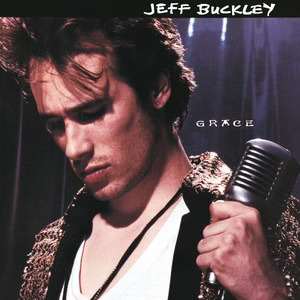
Buckley begins the song with an exhale and delicately strummed minor chords on an electric guitar. The whole song is just his voice and an electric guitar, the guitar singing clear and bright along with him. The electric guitar and production style make it sound as if he’s singing in an empty cathedral, and he’s singing to ME across this expansive space, reaching out and building and fading, rising and falling, his voice alternately gentle and powerful, sometimes within the same line. The themes of the song are biblical, old-testament, featuring the story of Samson and Delilah (among others), about a powerful man being brought low by a beautiful woman.
With the naiveté that can often accompany youth, that definitely accompanied my youth, I imagined myself that beautiful woman being loved by a powerful man. It was unfortunate that the man could not be Jeff Buckley, who had tragically drowned in 1997. He was 31. Something about the tragedy fit the song and pushed this forever-unrequited love into someplace like reality. When I was inside the song, nothing about how I felt could change. I would forever be heartbroken over love I’d had and lost, over love I would never know again. Sometimes this love had a face, that of a boy I thought I’d loved in high school, real enough at that age. Other times, it was just the idea of connection with another person that I would never, could never have. And this feeling of heartbrokenness felt deeper and simpler than the utter confusion of choosing a life-path, than the terror of choosing wrong, than the pain of living through mistakes and growth and struggle. To mimic heartbreak was to avoid my reality. So I stayed in it as long and often as possible, not recognizing the actual damage my avoidance to engage was doing.
Generally seven minutes was not enough time to escape. I made an iTunes playlist containing only that song so I didn’t have to get up from my bed (then in an apartment I shared with 4 other lovely women) to start the song over. Our townhouse was cheaply made with thin walls and floors, which meant my beautiful roommates probably heard every word and note of this song that would sometimes play for an hour straight. Maybe they saw it coming and pulled out their headphones to continue their homework. My aloneness with the song was secure.
In the end, my fear of the future could not be masked, and I could no longer hide in 8 consecutive plays of Hallelujah, or any other song. I started having panic attacks, a development that brought with it despair during the attack itself followed by embarrassment in the knowledge that my roommates and anyone else in the house could hear me crying on the bathroom floor. The repetition of the chorus of Hallelujahs, the replay of the line whose words I did not fully understand yet: “Maybe there is a God above, but all I’ve ever learned from love is how to shoot somebody who outdrew ya,” all of it started to feel self-indulgent and fake. The story of this song wasn’t about me. I needed to be haunted by a song with lines like, “I’m 20 and don’t know what I’m doing or what I want,” or “I’m doing everything wrong, constantly focused on the wrong things because I’m not mature enough to keep myself on task beyond trying to get good grades,” or even, “Take a minute to be alone with your thoughts, and actually try to figure this out, fool.” But those lines might have felt a little too on the nose.
Now, many years later, after a graduation and a wedding and the birth of two kids and a prescription for sertraline, I let the songs play as they come up, rarely manipulating their play after choosing a playlist or genre. There are no single-song playlists set on repeat. Though looking back, maybe it wasn’t the desire for love that was drawing me to the song at all, but the need to wallow in that aloneness, to let my mind drift on the notes while appearing to do nothing. The song feels lonely in its style, with single instrument and single ringing voice raising heavenward, before one even considers the lyrics. Manipulating my feelings with this song over and over in avoidance of responsibility, to keep my mind on a fictional past rather than a very real future - this was the point.
Like it or not, the future came. I left school unprepared. I stayed in our apartment after my roommates moved out and on with their lives, worked at a coffee shop while considering options, and I floated, glissando-like, again choosing existential questions like purpose rather than practical questions like what skills do I have to offer for payment. I worked at stores. I got another degree. I coached kids, then older folks, then kids again, and then I had a family. I was living a life totally separate from the one in my mind, my daily existence showing no hint, at least on paper, of my thoughts.
But the habit of Hallelujah on repeat faded into the past as well, the passage of time and addition of exhaustion from everyday tasks rendering self-indulgent wallowing impossible. As I write this, maybe the reason I don’t obsess in this particular way anymore is not because of the absence of anxiety (or the presence of sertraline) but because I am almost never alone with an un-busy mind. I’ve grown up, yes; matured, I suppose; but I think I’m going to play it just one more time to double check.
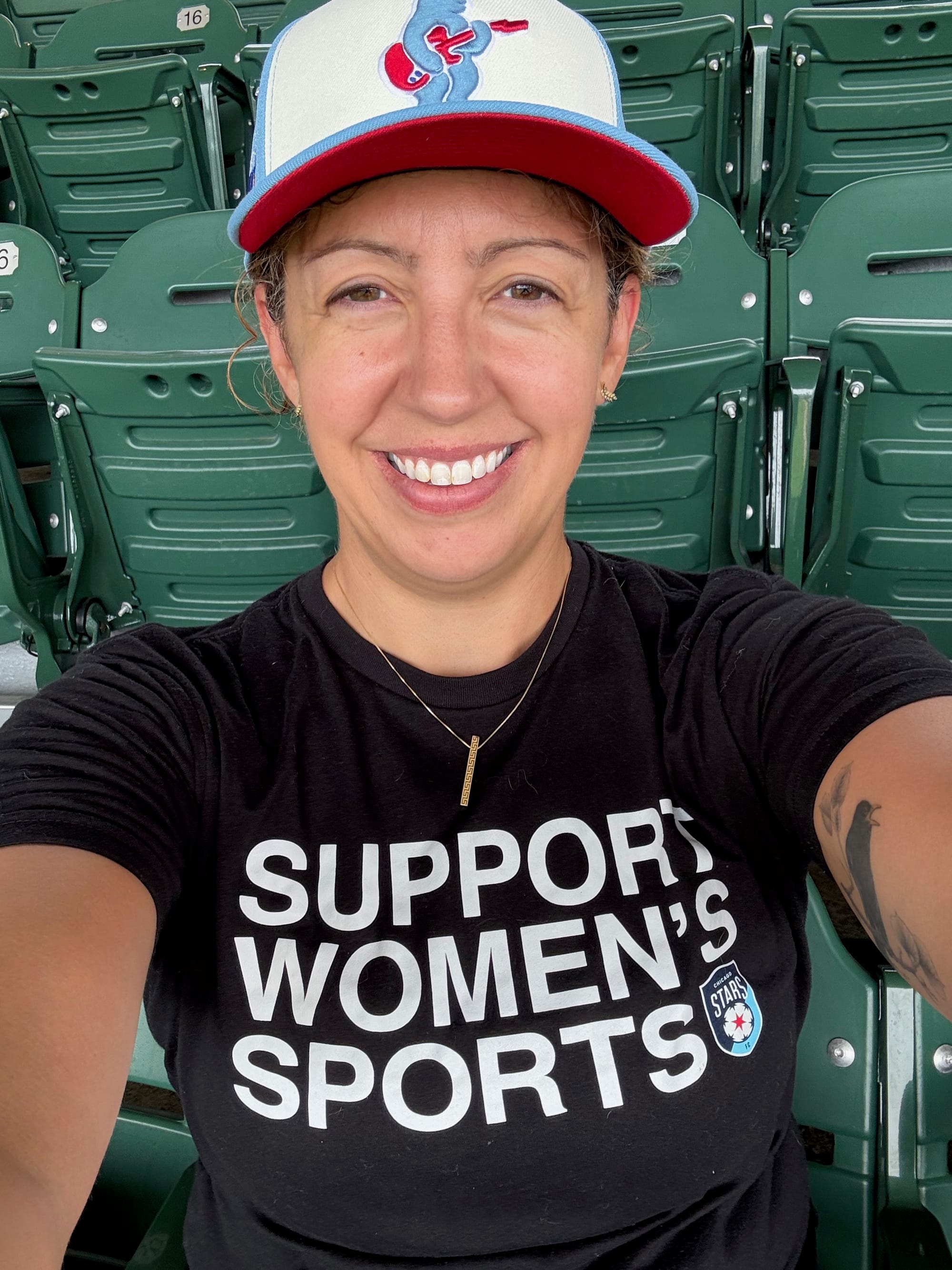

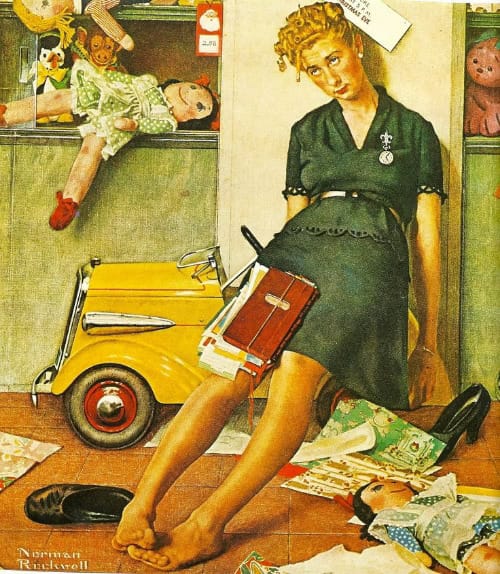
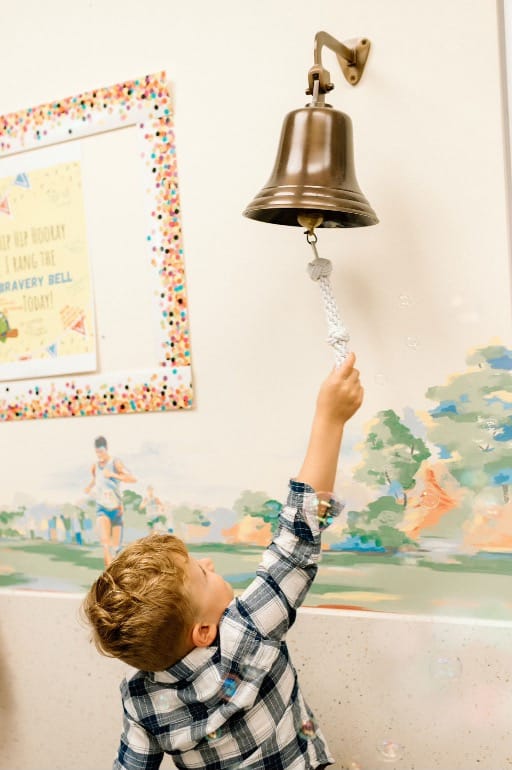
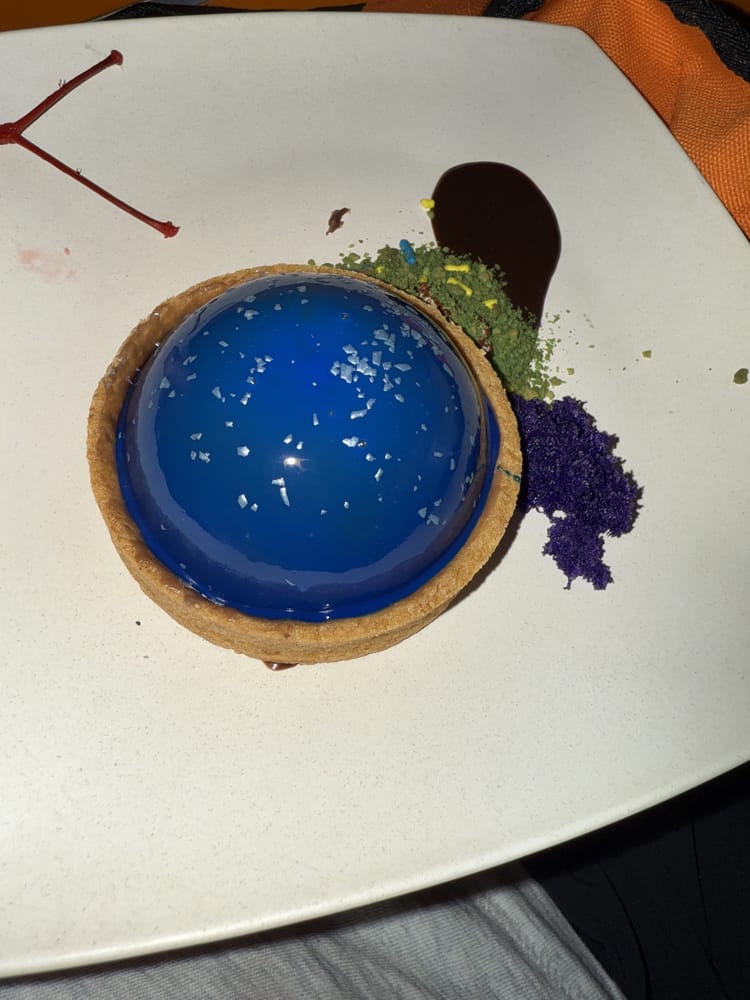

Member discussion